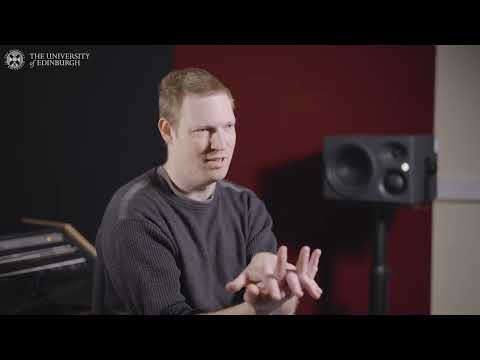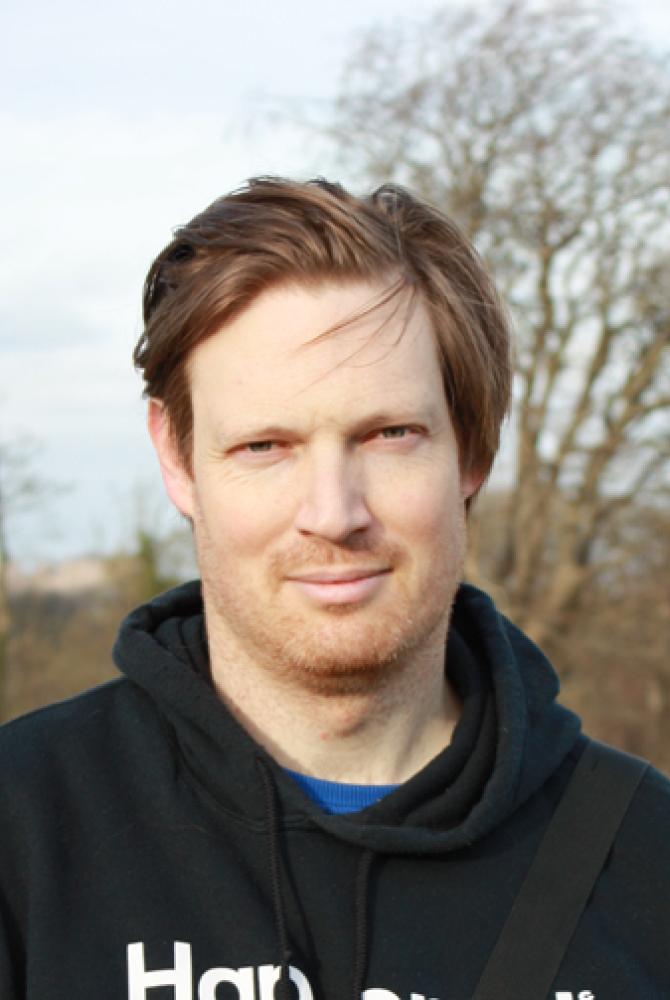Outline
If you're fascinated by the interplay of science, technology and music, BSc Acoustics and Music Technology is for you.
Equipping you to invent the future of acoustics, audio and music technology, our interdisciplinary programme brings together:
- maths
- physics
- music
Our acoustics and music technology programme supports you in designing the music tools, spaces and software of tomorrow, developing your scientific skills and creative mindset.
Throughout the programme, you will explore how modern technologies are driving a revolution in the way that sound is:
- created
- manipulated
- transmitted
Acoustics and music technology has an expanding range of creative applications, including:
- music production
- the design of concert halls
- the emerging field of immersive virtual reality
You learn how innovation in the sector is allowing for rapid development in next generation methods for:
- sound synthesis
- transformation in the way we design and experience the built environment
- the emergence of wholly new forms of media












